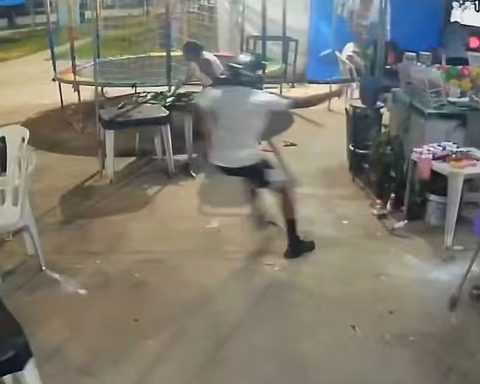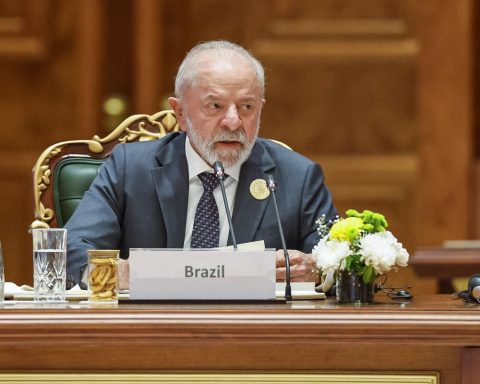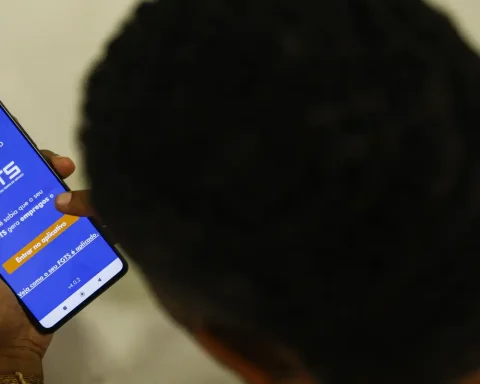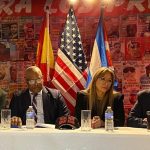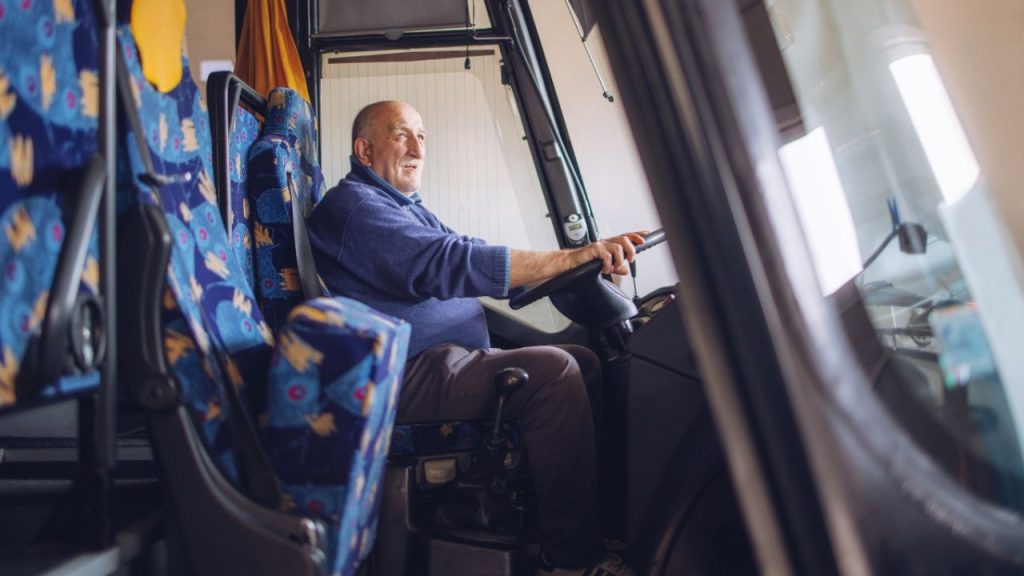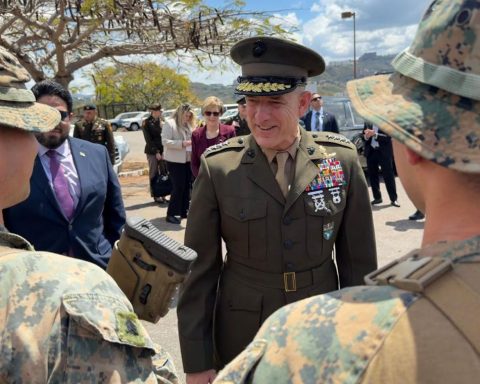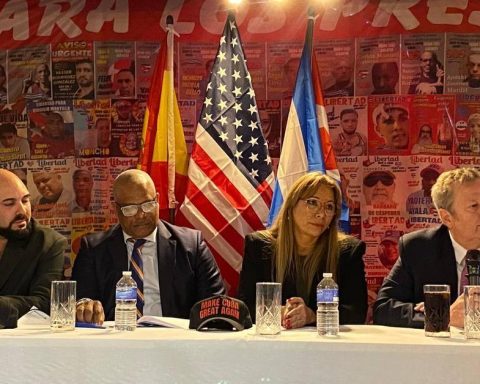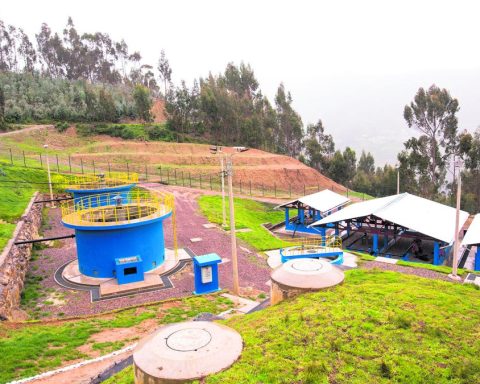Aggression and violence in Brazilian politics are not unprecedented behaviors in Brazilian history, says Maria Aparecida de Aquino, professor of contemporary history at the School of Philosophy, Literature and Human Sciences at the University of São Paulo (USP). For her, the new factor in the current electoral dispute is the massive dissemination of violent actions through traditional media or social networks. 
“There are other moments in Brazilian political history, republican history, where there is political violence and even violence in electoral processes. If you consider, for example, the election for the Presidency of the Republic in 1989, which was the first after the dictatorship, it was quite aggressive, including among the participants,” he recalls.
Aparecida also recalls the political disputes in the 1950s, when journalist and politician Carlos Lacerda was a staunch opponent of Getúlio Vargas. “If you think of a figure like Carlos Lacerda, he ‘hit the liver’. He affected people in a brutal way. And that was his practice. And he acted in this way and was extremely violent. Some even say that in 1954, he was one of the elements largely responsible for the episode that would lead to Getúlio’s suicide.”
According to the professor, the examples show that political and electoral violence is not a practice far removed from what Brazilian society is currently experiencing. “But today we have something that didn’t exist back then: we have live broadcasts on TV, there are social networks and this process is greatly increased.”
“I would say that the originality lies in the way everything is shown. So, for example, in 1989, TV was already very strong and active, but there were no social networks. The current situation is original in the way this political violence is reported.”
Combating aggression
On the night of last Sunday (15), in the electoral debate promoted by TV Cultura with the candidates for mayor of the capital of São Paulo, a discussion between Jose Luis Datena (PSDB) and Pablo Marçal (PRTB) ended in physical aggression. After a series of accusations made by Marçal against Datena’s reputation, the PSDB candidate hit the PRTB candidate with a chair.
According to the professor, there are tools available to society to combat aggressive behavior like that recorded last Sunday. However, she emphasizes that these resources are not being used.
“There are very simple things that could be done that, in a way, would not lead to the recent episodes that we are seeing. A candidate who commits an offense should have his speech cut off. This would be an extremely simple resource that could be done and would put an end to this crazy situation that we are experiencing today. We do have resources, yes. It’s just that they are not being used.”


